Conflicts happen when we have an actual or perceived difference regarding needs, values or interests between team members. If you ask most people, they say they do not like conflicts, but the truth is most people value problems more than solutions and conflict more than resolution.
When we are in conflict we collude with others and we often turn to blame. We can horribilize a team member’s behavior or exaggerate our own values as proof that we are justified in blaming them. Collusion inhibits communication, teamwork, continuous improvement and vision sharing. We can even gather allies that will side with us in our blame.
What if we look at conflicts/collusions as opportunities?
If we start with ourselves we are most likely to change the cycle.
Asking ourselves these questions during conflict just might help us see our role in it.
How have I made things harder for my team mate?
What are some ways I could help?
What should I do differently?
Can you describe how both you and the other team member blame each other for the problem?
Exercise # 61: Identify a problem at work. What is your role in the problem? What can you do today to help solve it?
